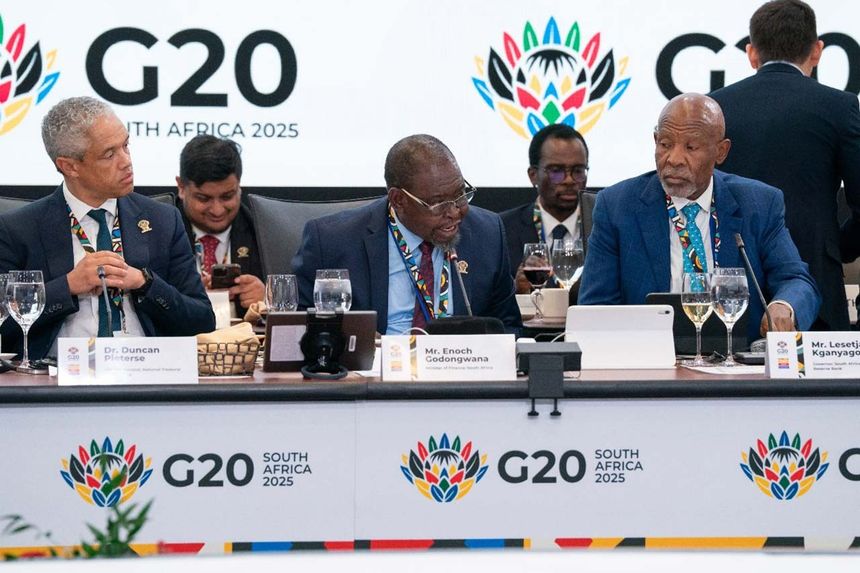
According to South African Reserve Bank Governor Lesetja Kganyago in the IMF and World Bank annual meetings, the rising global debt is a top-tier risk for the world’s financial stability. His warning comes as the G20 focuses on what has become a systemic threat to especially developing African economies.
IMF reports show global public debt surpassing 100% of worldwide economic output by 2029. In a worst-case scenario, this figure could skyrocket to 123% of GDP—levels not seen since the aftermath of World War II.
“The issue of debt is not an emerging market problem,” Governor Kganyago stated. “The debt is now a global issue, and it is a problem in the developed economies as well.” This puts the African debt challenge, often framed as a regional liquidity issue, into a broader context of worldwide fiscal stress.
The timing is particularly crucial as South Africa prepares to hand over the G20 presidency to the United States. Many question whether the incoming US leadership will continue prioritizing the African agenda on debt sustainability and financing costs.
Kganyago noted that discussions are ongoing to ensure continuity, particularly around initiatives like improving cross-border payment systems. The latter is a significant achievement of South Africa’s presidency that has garnered broad international support.
However, 165 civil society organizations, including Eurodad and the Malala Fund, have criticized the slow progress on meaningful debt relief, calling for deeper reforms to global restructuring processes.
Therefore, G20’s next moves and outcome will be critical for African nations navigating between essential development spending and unsustainable debt burdens.


Add a Comment